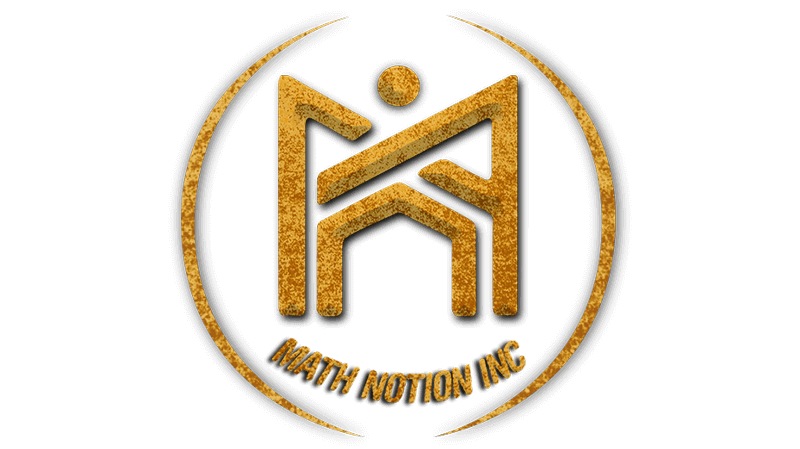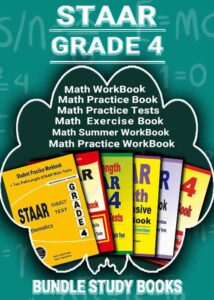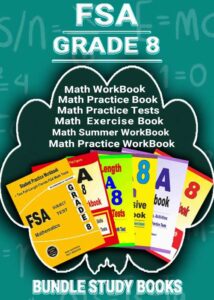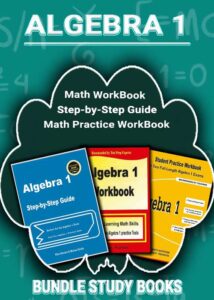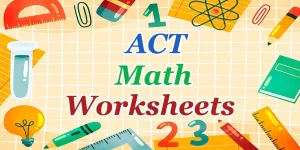
Study Time: 5minutes
How to Develop Foundational Math Skills for Career Success
In today’s competitive job market, having foundational solid math skills is not just an asset; it’s a necessity. Whether you aim to excel in engineering, data science, finance, or even fields less traditionally associated with mathematics, like marketing or law, these skills can significantly enhance your problem-solving capabilities and analytical thinking. Here, we delve into practical strategies to build and refine these crucial skills, setting the stage for a successful and dynamic career.
Understand the Relevance of Math in Your Field
First and foremost, recognizing math’s role in your specific career path is fundamental. For instance, a financial analyst needs a strong grasp of statistics and probability to make accurate forecasts and risk assessments. In contrast, a software developer might rely more on algebra and discrete mathematics to solve coding problems and develop algorithms. Understanding these connections motivates learning and tailors your study approach to be relevant to your career goals.
Engage with Practical Applications
To solidify your math skills, engage with practical applications of mathematical concepts. This can involve analyzing case studies, participating in simulations, or employing math-based software tools that are prevalent in your industry. For example, using Excel for financial modeling or Python for data analysis can provide hands-on experience reinforcing theoretical knowledge.
Pursue Formal and Informal Education
Continuing education is crucial. Enroll in courses that cover basic arithmetic and algebra but venture into more complex areas like calculus, statistics, or applied mathematics, depending on your career needs. Many universities and online platforms offer specialized courses that cater to career-oriented math learning. Moreover, informal learning paths, such as online tutorials, workshops, and seminars, can supplement formal education and keep you updated on new methodologies and technologies.
Implement a Daily Practice Routine
Consistency is critical in mastering any skill. Set aside time each day for practicing math problems. This regular practice can help you discover patterns and solutions more naturally over time, like learning a language. Use resources such as problem sets from textbooks, educational websites, and apps designed to offer practice in a game-like environment, making learning effective and engaging.
Leverage Technology and Tools
Today’s technology offers myriad ways to enhance your learning experience. Tools such as graphing calculators, software like MATLAB, or even simple apps on your phone can provide immediate feedback on complex calculations and foster a deeper understanding of mathematical concepts. Additionally, forums and online communities like Stack Exchange can be invaluable for receiving support and advice from peers and experts alike.
Focus on Logical Reasoning and Problem Solving
Math is not just about numbers; it’s also about thinking logically and solving problems efficiently. Enhance these skills by tackling real-world problems through case studies or competitive math events. These activities encourage you to apply mathematical concepts in varied contexts, improving your analytical skills and ability to think critically under pressure.
Seek Feedback and Mentorship
Feedback is a powerful tool for improvement. Regularly seek feedback on your work from professors, mentors, or colleagues proficient in mathematics. They can provide insights you might overlook and offer guidance on more complex problems. Mentorship, in particular, can also open doors to networking opportunities within your field, providing both professional guidance and career advancement opportunities.
Stay Curious and Updated
The field of mathematics is constantly evolving. Stay curious and keep yourself updated with your field’s latest research, theories, and math applications. Subscribing to relevant journals, attending industry conferences, and participating in related forums can help you stay connected with ongoing advancements and trends that could impact your career.
Cultivate a Multidisciplinary Approach
Mathematics does not exist in isolation but intersects with numerous other disciplines, enhancing understanding and application. Embracing a multidisciplinary approach can deepen your comprehension and allow you to apply mathematical principles innovatively. For instance, integrating knowledge from physics can help mechanical engineers design more efficient structures, while insights from economics can aid statisticians in modeling market trends more accurately.
Participate in Professional Groups and Forums
Engaging with professional groups and online forums can further your mathematical education and connect you with like-minded professionals. These communities often discuss real-world problems, share resources, and provide support. They can also be a platform for practicing your skills through challenges and competitions that are frequently hosted.
Use Case Studies and Real-World Scenarios
One effective way to advance your math skills is to study how professionals in your field handle real-world scenarios. Case studies often reveal the practical application of complex mathematical theories and provide a clear perspective on how such skills can resolve actual problems. This approach enhances your learning and equips you with strategies you can employ in your career.
Establish Clear Goals and Track Progress
Setting clear, achievable goals is essential to develop your math skills effectively. Break down your learning objectives into manageable steps and set milestones to gauge your progress. This method helps maintain motivation and ensures you consistently advance toward your larger career objectives. Tools like digital portfolios or progress-tracking apps can assist in monitoring your achievements and areas needing improvement.
Reflect on Learning and Adapt Strategies
Reflection is a powerful learning tool. Regularly reflect on what you have learned and how it applies to your career objectives. This introspection can help you understand your strengths and identify areas for further improvement. Based on these reflections, adapt your learning strategies to focus more on weaker areas or accelerate learning in the regions most relevant to your career.
Encourage Collaboration
Mathematics, particularly in professional settings, is often a collaborative effort. Engage with your colleagues or classmates in group projects or study sessions. Collaboration enhances understanding through shared knowledge and different perspectives and prepares you for teamwork and leadership roles in your career.
Prioritize Advanced Certification
In fields where mathematics is crucial, consider obtaining certifications that validate your expertise and dedication to the discipline. Certifications in specific software, methodologies, or advanced mathematical theories can distinguish you in the job market and increase your credibility in your professional circle.
Maintain a Balance Between Theory and Practice
While theoretical knowledge is essential, practical application solidifies learning and enhances skill adaptability. Strive to balance learning theoretical mathematics and applying these concepts in practical, real-world situations. This balance is crucial for developing versatile skills and adapting to various job roles and challenges.
Conclusion
Building foundational math skills is a comprehensive process involving disciplined practice, practical application, and continuous learning. By adopting a strategic approach and utilizing the tools and resources available, you can significantly enhance your mathematical capabilities and, by extension, your career prospects. Stay engaged, be proactive, and always look for opportunities to apply your skills in new and challenging contexts.
